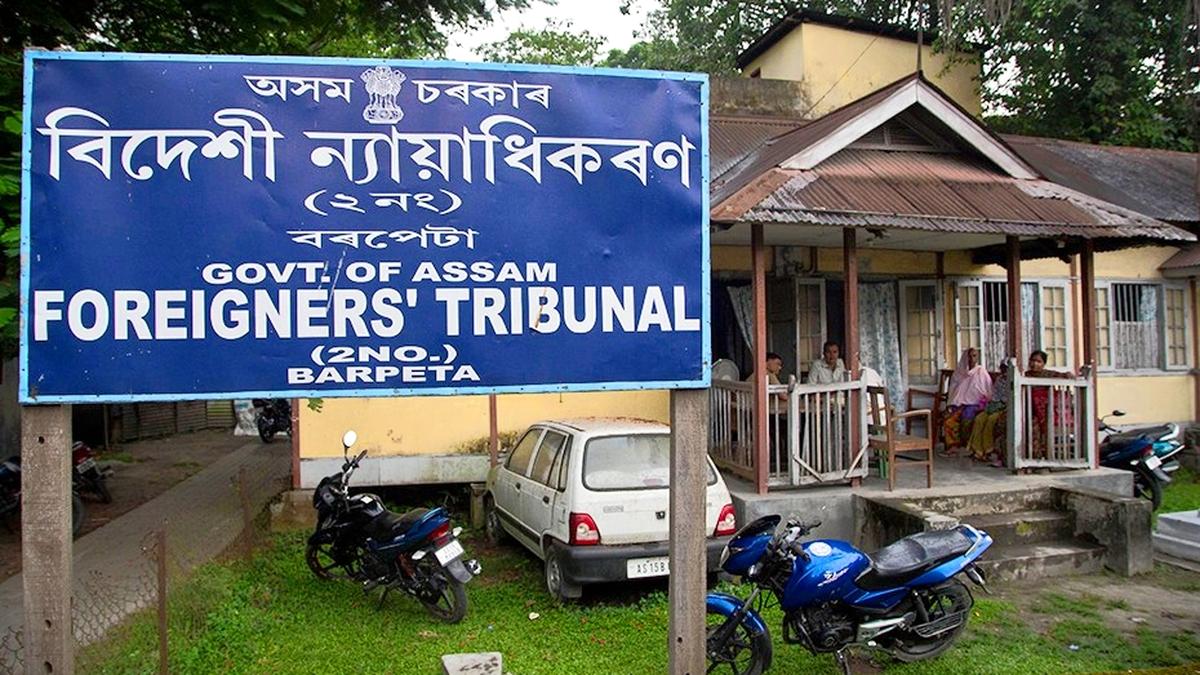Now Reading: Report Highlights Constitutional Concerns in Assam’s Foreigners’ Tribunals
-
01
Report Highlights Constitutional Concerns in Assam’s Foreigners’ Tribunals
Report Highlights Constitutional Concerns in Assam’s Foreigners’ Tribunals

Swift Summary
- Foreigners’ Tribunals in Assam: A study by NLSIU and Queen Mary University of london has identified procedural gaps and constitutional concerns in Assam’s Foreigners’ Tribunals (FTs), which adjudicate citizenship status.
- Report Title and Date: The report, titled ‘Unmaking Citizens: The Architecture of Rights Violations and Exclusion in India’s Citizenship Trials’, will be released on July 27, 2025.
- Key Findings:
– FTs have declared nearly 166,000 people as “foreigners.” More than 85,000 cases are pending, with an expectation of handling over a million appeals from NRC exclusions.- Documented issues include the rejection of evidence, arbitrary decision-making, potential statelessness risks for individuals.
– Staffing concerns were noted regarding qualifications and tenure insecurity; many members lack expertise in immigration law or constitutional protections.
– Revisions as 2015 diluted eligibility standards for FT adjudicators. As of 2019 revisions: lawyers with seven years’ practice can adjudicate complex issues without prior judicial expertise.
- Current Tribunal Structure: Assam has 100 FTs-36 permanent and the rest requiring periodic extension from the Ministry of Home Affairs.
- Institutional Concerns: The appointment process is opaque; terms are governed by executive discretion rather than legislation.
Indian Opinion Analysis
The findings presented raise critically important questions about India’s citizenship adjudication mechanism amidst increased focus on identity verification through measures like NRC expansion nationwide. Procedural fairness appears to be undermined through institutional loopholes such as insecure tenure for tribunal officers or lax qualification requirements-all critical areas that could compromise justice delivery for a sensitive issue like citizenship determination.
The report highlights how inadequate protections could jeopardize individuals’ rights within legal frameworks prone to arbitrariness-a concern not only under domestic law but also international standards protecting against statelessness. It reflects a significant gap between legislative intent (e.g., Immigration Act of 2025) and practical implementation dynamics at ground level.
If governance continues relying on systems disconnected from consistent oversight or accountability mechanisms stated under constitutional principles,this might escalate public mistrust regarding broader exercises like a nationwide NRC update-perhaps straining social harmony further.
For Read More:
Link to source provided above

























